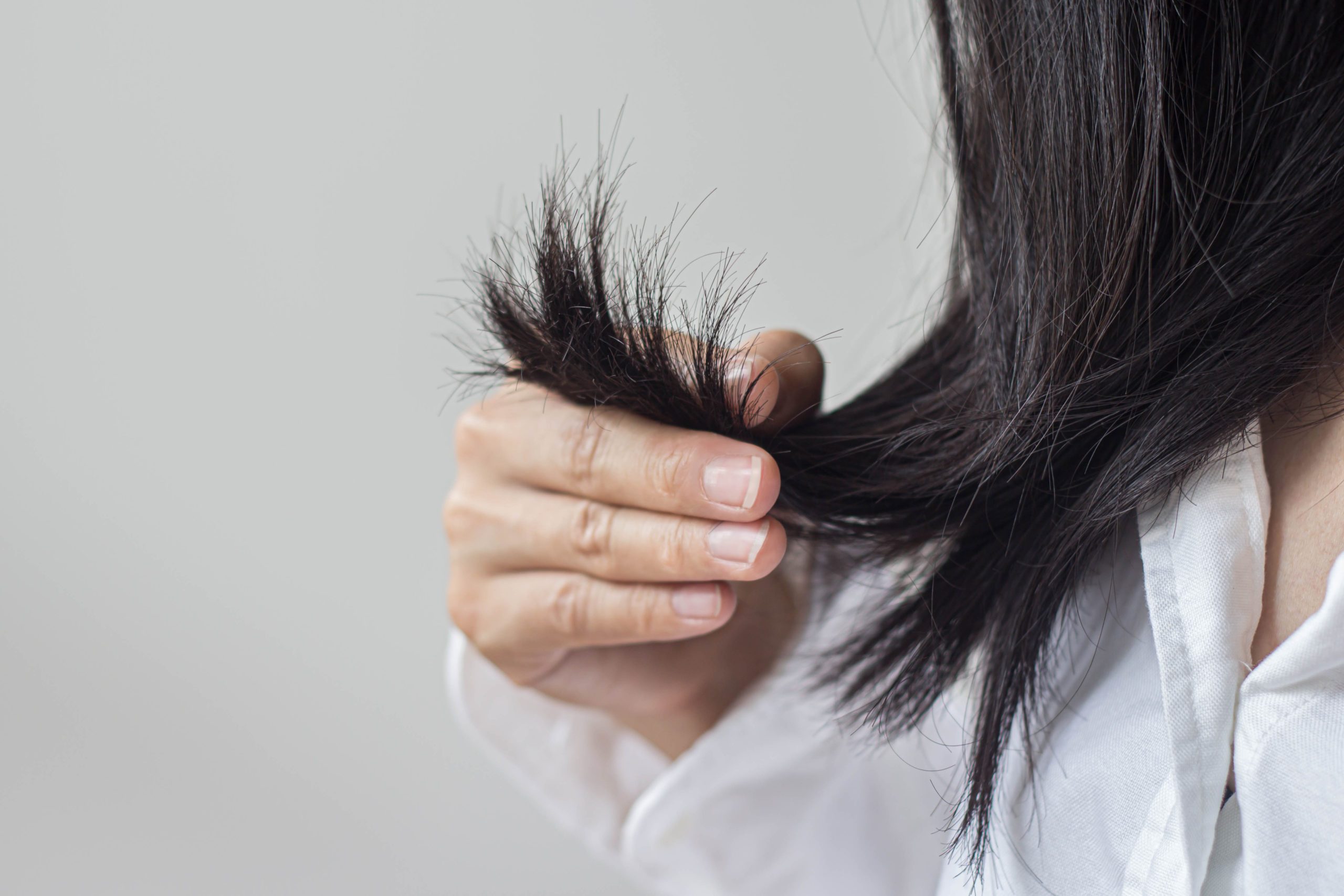
Cold weather brings dry hair
Even if you typically have fuss-free hair, you may be finding it’s leaning more dry and frizzy these days.
In the winter, there’s less humidity in the air, so our locks dry out easily, says Whitney Eaddy, the celebrity hair stylist known as the “Growth Guru.” The harsher the temperatures, the drier it gets. And staying indoors with the heat cranked (like so many of us are stuck doing this winter) isn’t a salve. “Artificial heat automatically sucks out moisture, [because] the air’s not being circulated and not being exposed to the natural elements as much,” says Eaddy.
The good news: all this extra time indoors also offers the perfect opportunity to experiment with hair treatments and letting your hair dry naturally, without heat. “You can just do a hair mask and live your life!” Eaddy says.
Here are 7 dry hair tips to keep your locks luscious and healthy all winter long.
(Related: How to Care for Curls and Coils at Home)

Try a hair oil
“Oil is a great way to add moisture to dry hair in the winter,” says Kelly Araujo, a Toronto-based hair stylist. “It’s quick and easy and a little goes a long way.” How much you need depends on your hair; if you have dryer hair, you’ll need to use a bit more.
For fine hair, Araujo suggests this daily hair perfecting oil from THIC, which is made from hemp, argan and grape seed oil, and was developed to be lightweight. Araujo also recommends Argan oil, though it’s a bit heavier and more suited to thick hair. “It’s super rich in vitamin E and it’s been used for centuries as a hair, skin, nails product in Morocco where it originates,” she says.
Ultimately, it might take a bit of trial and error before finding the right oil for your hair needs. “I don’t believe that there is one magic ingredient that does it all,” says Araujo.
(Related: How to Trim Your Hair at Home)
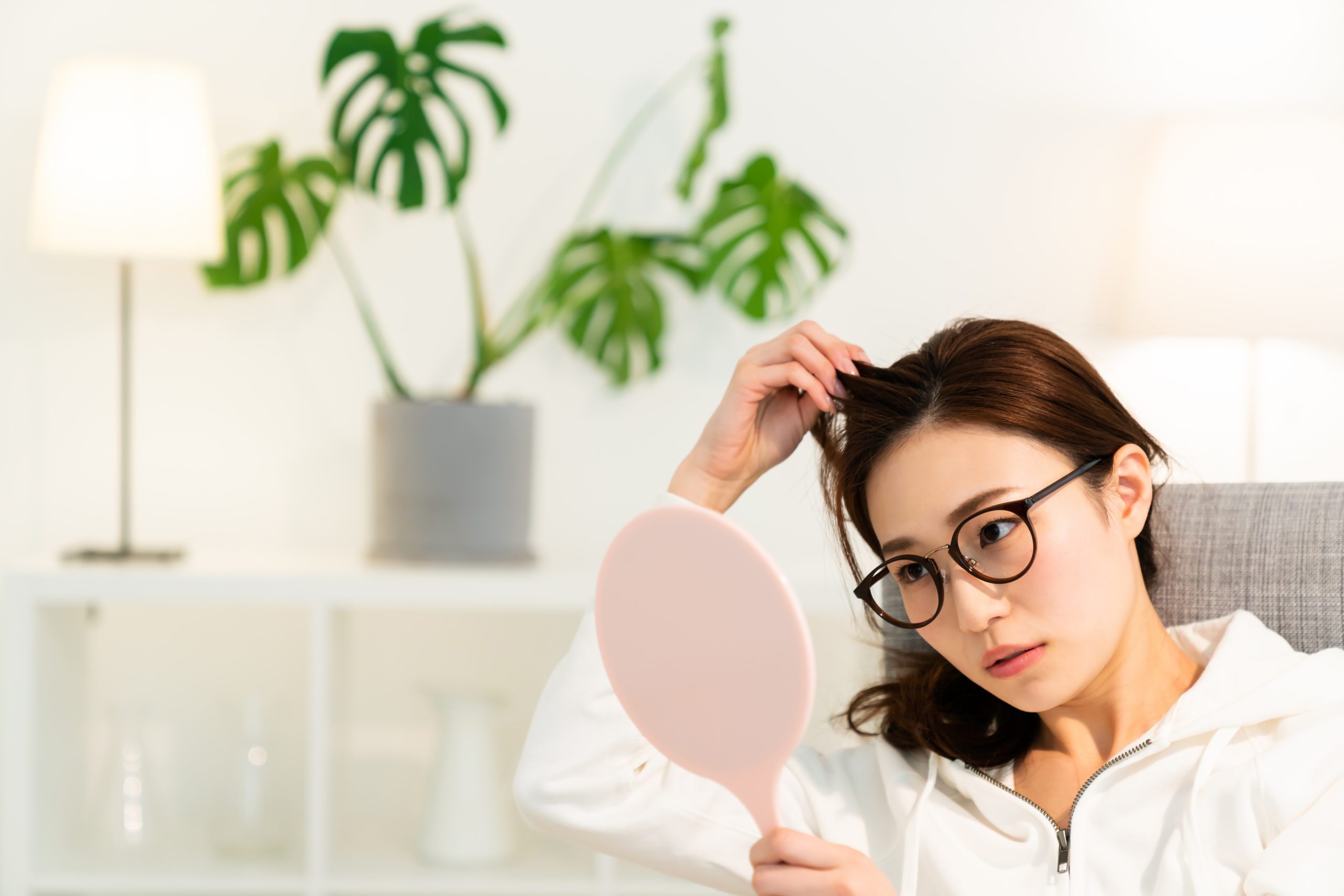
Take care of your scalp
The health of your hair coincides with that of your skin. “People who have really dry skin, their scalp will flare up in the winter,” Eaddy says.
Araujo suggests applying coconut oil (yes, the stuff you get at the grocery store) directly to your scalp, especially if you’re noticing any flakes. “Massage the coconut oil directly onto the scalp and let it sit while you binge watch Netflix for a few hours,” she says. “Do this once or twice a week on your hair washing day.”
While coconut oil is great for nourishing dry scalps, it’s not great for people with fine hair because of its weight. “You would have to use a very very small amount [if you have fine hair],” says Araujo. “It’s more suited for people with thick, coarse hair.”
(Related: Everything You Need to Know About Scalp Care, the Latest Trend in Skin Care)
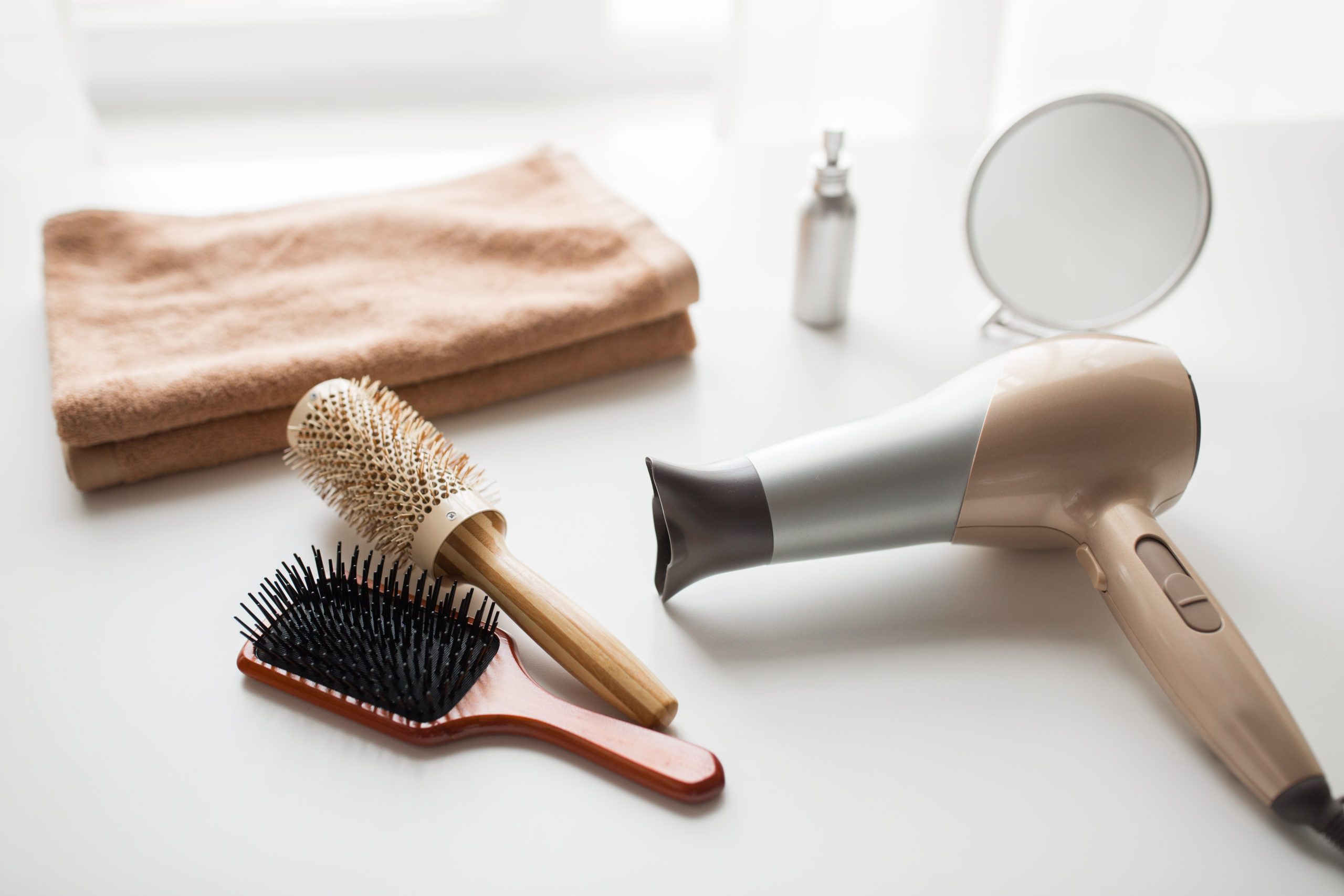
Avoid heat
As tempting as a nice, hot shower is during the dead of winter, the heat can dry out your skin and scalp. Aside from abstaining from steamy showers, Eaddy also recommends that you avoid heat styling (with tools like a flat iron, or blow dryer). Direct heat causes damage to your hair over time, leading to dryness and breakage.
(Related: Is the Manta Hair Brush Worth The Hype?)
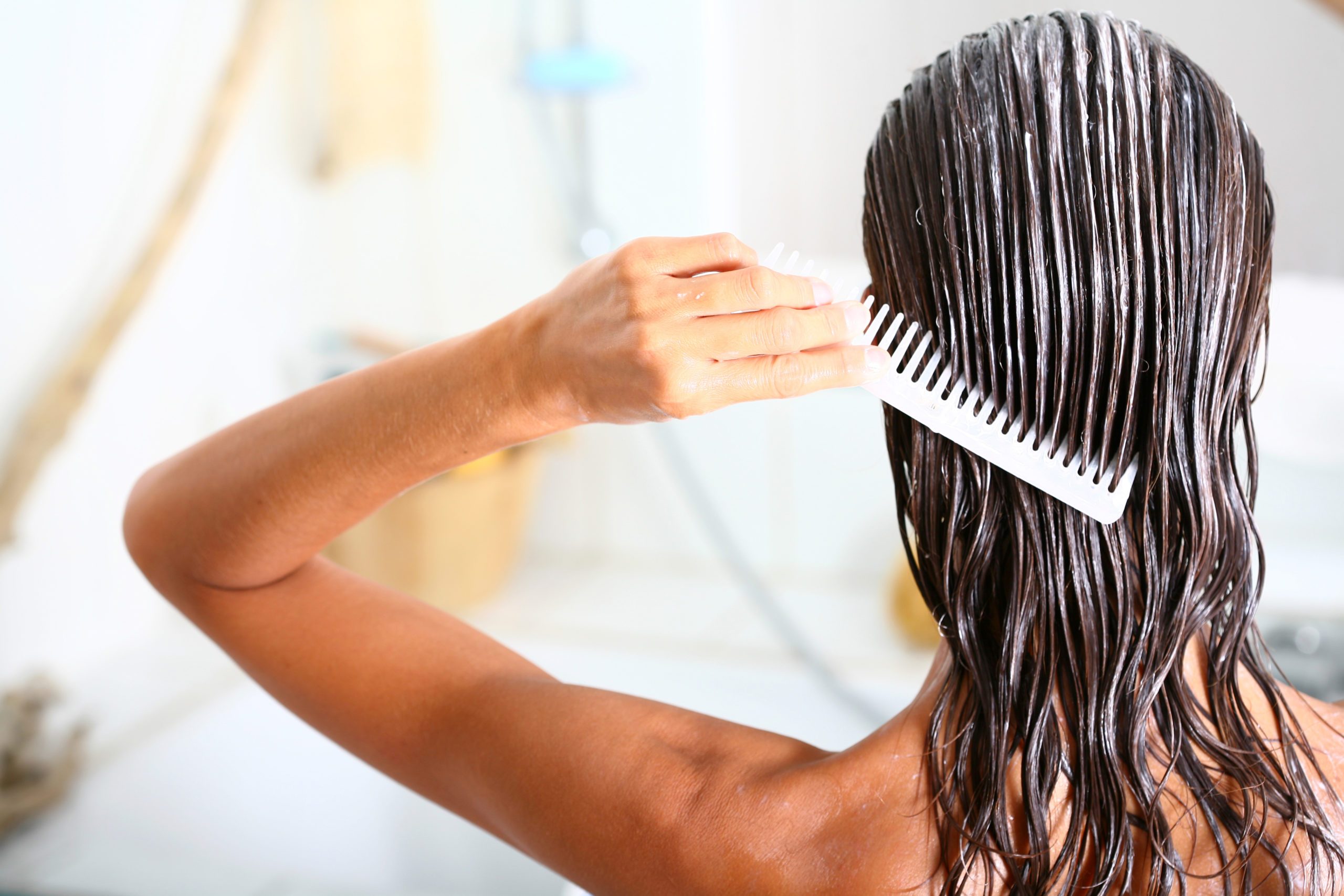
Leave it in
“If you’re really looking to change the health of your hair, being in the house like we are right now is perfect,” she says. “We’re on Zoom calls where you can pull your hair back real quick and keep your hair treatments in all day.”
Araujo suggests introducing a mask to your routine to add moisture back into your hair. Hair masks work just like face masks: do: you apply it generously (with your fingers or a wide tooth comb) and leave it in for as long as the package says (typically anywhere from 5 to 30 minutes, depending on the product). Araujo recommends this Shea Moisture hair mask for curly hair, and this Kerastase hair mask for those with fine hair.
Eaddy swears by what she calls the “greenhouse technique.” This is how it works: the night before you’re planning on washing your hair, apply your normal conditioner directly all over your hair when its dry. Then, cover it up with a plastic shower cap (if you don’t have one, a plastic grocery bag works too) and go to bed. In the morning, wash your hair like normal. “You get the same effect [as if you put a hair mask in],” says Eaddy. “And the best part of the greenhouse technique is that your body heat creates its own steam and really helps open up your follicles so the conditioner can get inside and really do the work.”
(Related: Do Shampoo Bars Work?)
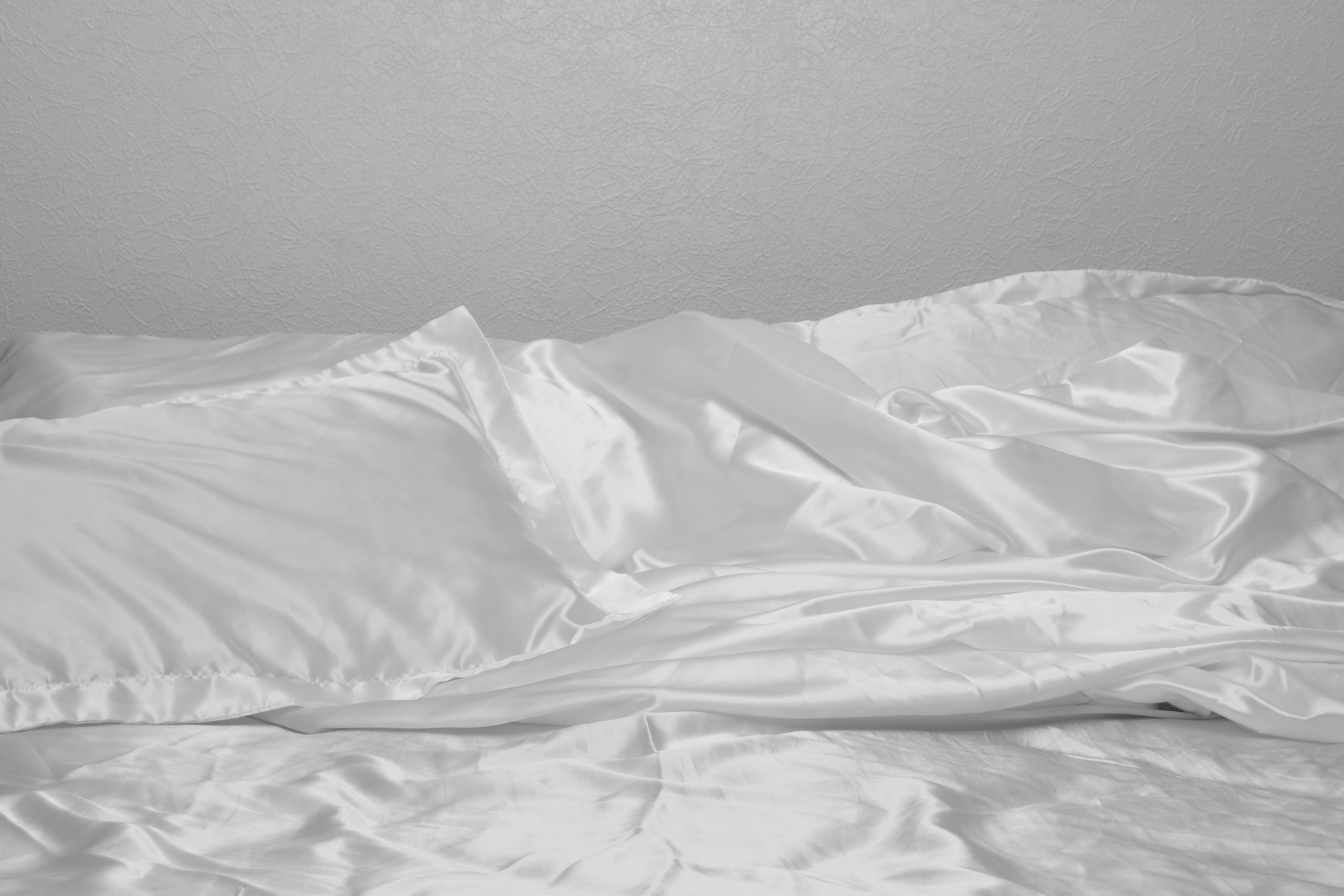
Silk is your new best friend
Especially for people with curly hair, silk is a godsend. “[People with textured hair] should avoid cotton [pillowcases],” says Eaddy. “Even satin, which is marketed for textured hair, isn’t the best.”
Because silk is so smooth, your hair will glide across the fabric when you move, instead of rubbing against it —which leads to frizz, tangles and breakage. Eaddy suggests investing in a silk pillowcase to minimize friction while you sleep. Or, if you’re someone who ties their hair up with scarves, scrunchies or even a bonnet, it might be time to ditch the cotton and try silk.
(Related: 9 Personal Care Product Upgrades You Never Knew You Needed)

Protect your hair from the elements
If you do venture outside this winter, don’t forget to wear a hat. “This will protect your hair from breakage, retain your hair’s natural oils and reduce frizz,” Araujo explains. “And for curly girls, this will keep your curls intact.”
(Related: All The Gear You Need to Stay Active Outdoors all Winter Long)
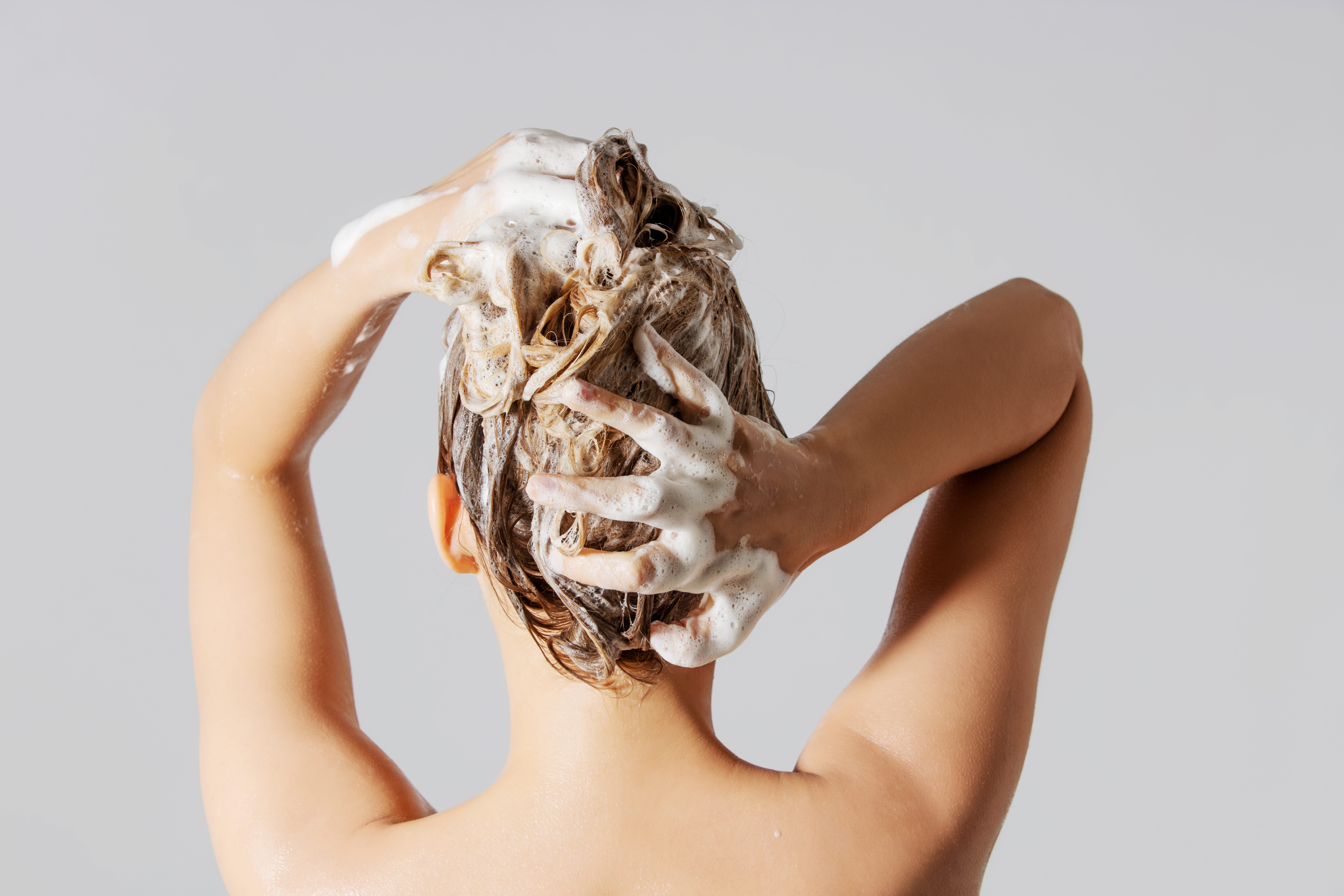
Wash your hair as needed—and be flexible
During the winter, it’s important not to wash your hair excessively. “Because our hair is already extra dry in the winter, we want to make sure we are not over washing and stripping the hair of more moisture,” says Araujo. “Challenge yourself to go one extra day [without washing].”
Eaddy agrees it’s worth being observant and only wash when you feel like you’re getting a little too oily—even for a Zoom meeting. “It’s all about really paying attention to the patterns of your hair and develop a regime that’s flexible and works around then needs of your body.”
Next: 8 Drugstore Beauty Products That’ll Make You Want to Play With Makeup Again
